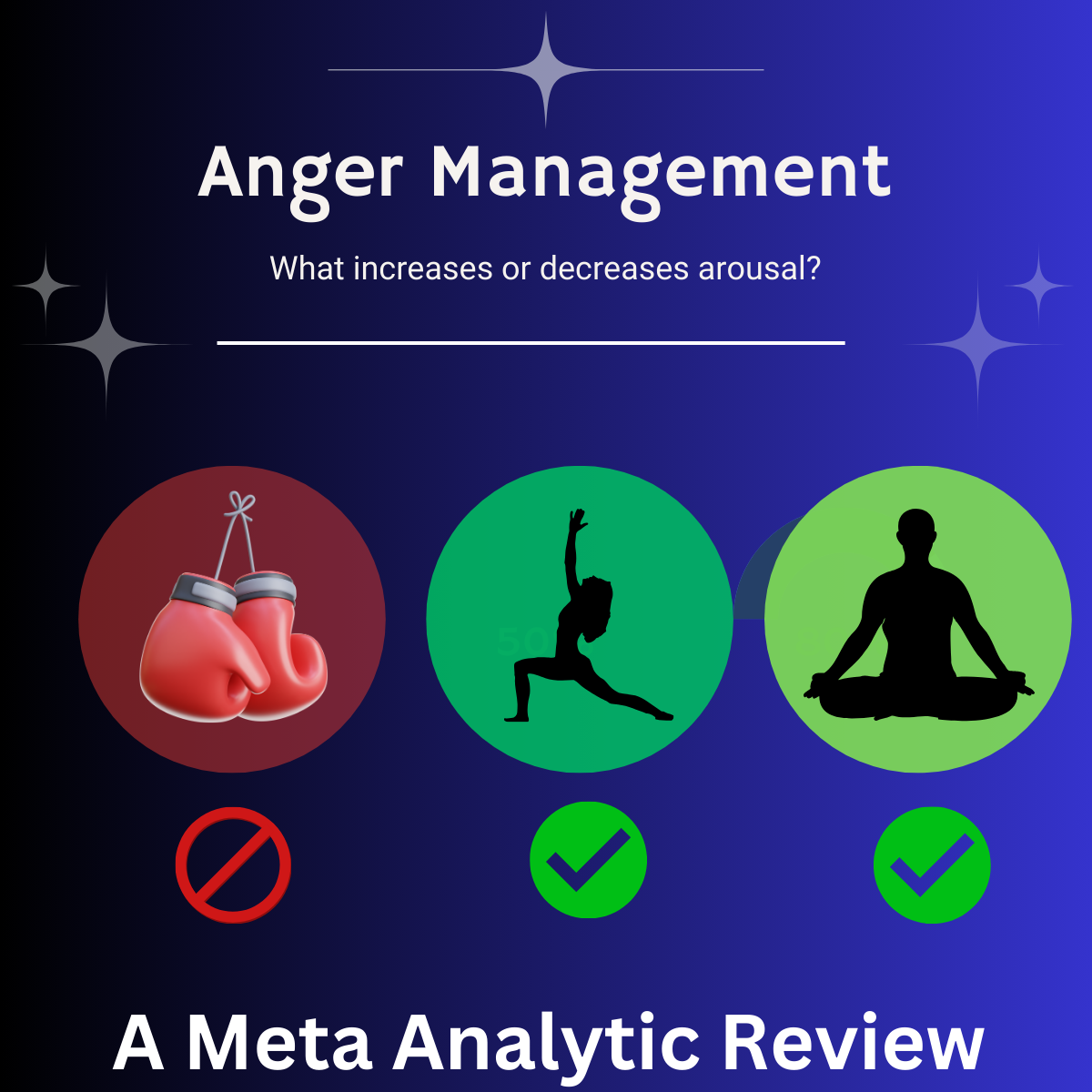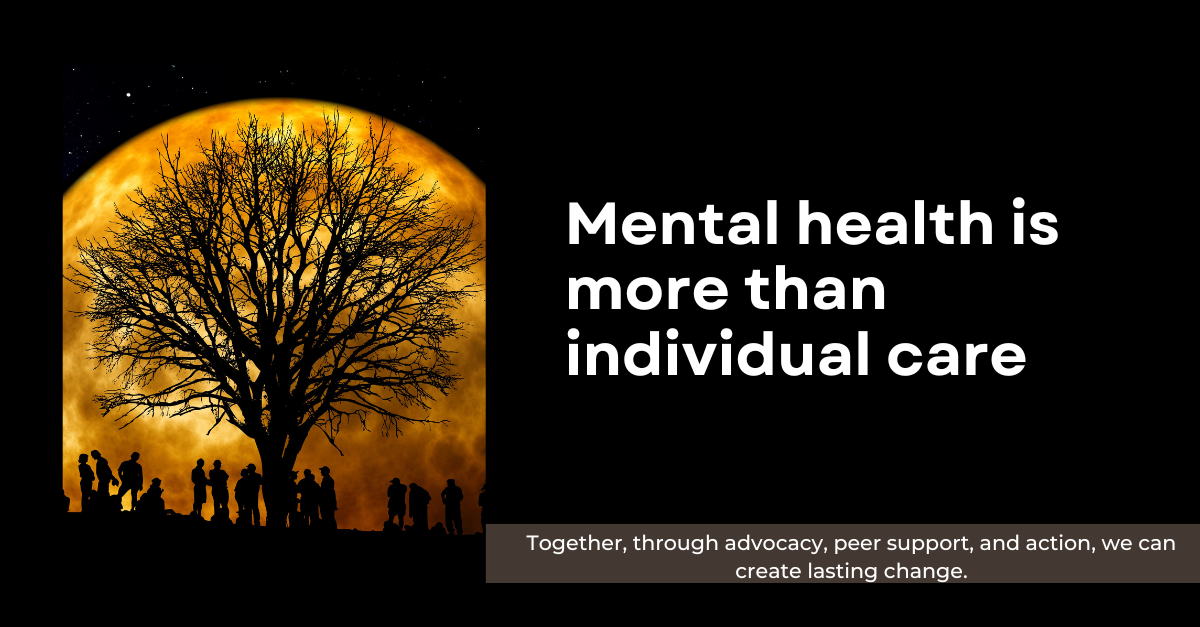Understanding the One-Hour Therapy Session: Convenience or Necessity?
If you've ever wondered why therapy sessions usually last around 50-60 minutes, you're not alone. This timing has become a standard practice in psychology, but it's worth understanding the reasoning behind it and whether it truly serves your needs as a client.
Historical and Practical Reasons
The "therapeutic hour" of 50-60 minutes has practical origins. This timeframe allows therapists to schedule sessions back-to-back on the hour, providing a short break for administrative tasks, note-taking, and personal needs before the next client arrives. This system benefits therapists by helping them maintain a structured day and reducing the potential for burnout.
Effectiveness of the 50-60 Minute Session
Research specifically on session length is limited, but the consensus is that the effectiveness of therapy depends more on the consistency and quality of sessions rather than their exact duration. Some studies suggest that the length of the session may not significantly impact outcomes if the therapy is well-matched to the client's needs..
Different Therapies, Different Needs
Not all therapies require the same amount of time. For instance:
- Cognitive Behavioral Therapy (CBT): Typically fits well within the 50-60 minute format, focusing on specific goals and structured activities.
- Psychodynamic Therapy: May benefit from longer sessions to explore deeper emotional issues and unconscious processes.
- Couples Therapy: Often requires longer sessions, especially during initial assessments, to address the dynamics between partners effectively.
Insurance and Economic Factors
Insurance companies standardise the 50-60 minute session for billing and reimbursement purposes. This duration simplifies the process for insurers and allows therapists to see more clients throughout the day, which can be economically beneficial for them. However, this standardisation might not always align with what's best for you as a client.
Flexibility and Client Needs
It's important to recognise that while the 50-60 minute session is convenient, it may not be the best fit for everyone. Some clients might need shorter sessions, particularly if the issues are less complex or if they have already established a therapeutic relationship. On the other hand, clients dealing with more complex issues might benefit from longer sessions to fully address their needs without feeling rushed .
Conclusion
The 50-60 minute session has become a standard for many practical reasons, but it's essential to consider individual needs and the nature of the therapy. If you feel that a different session length might be more beneficial for you, don't hesitate to discuss this with your therapist. Flexibility in session duration can enhance the effectiveness of therapy and ensure that it is truly tailored to your needs.











